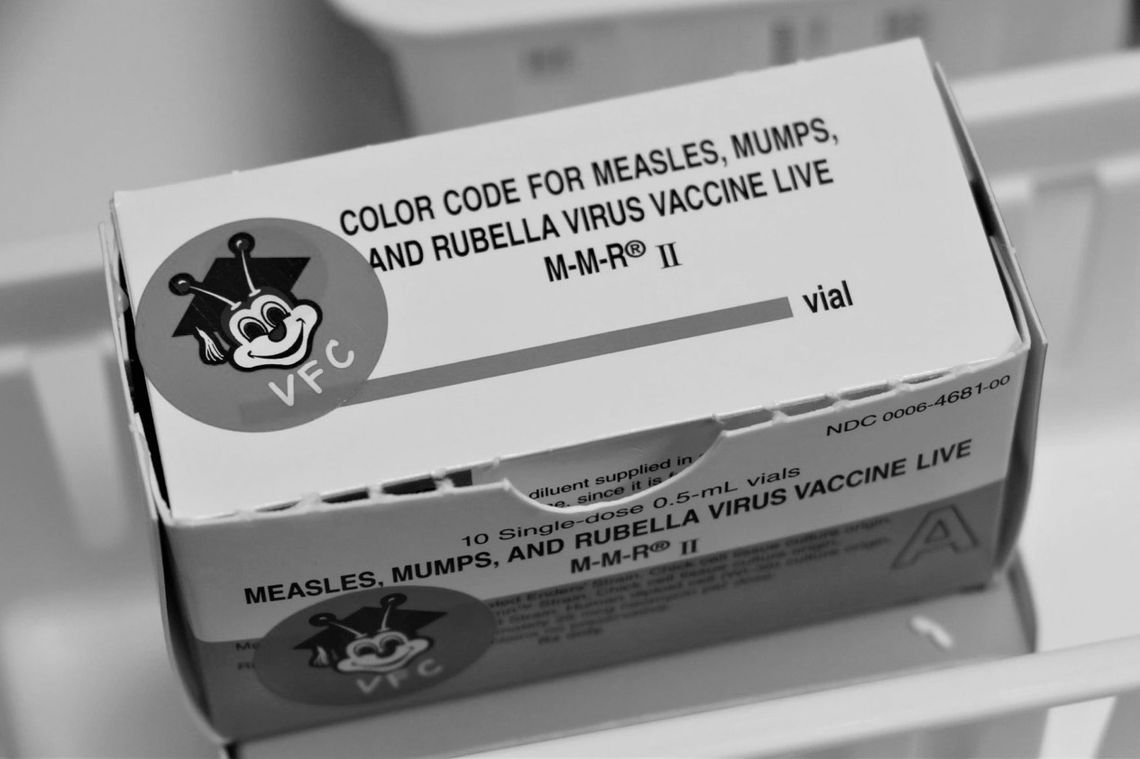WICHITA — Sedgwick County is reporting its first measles case since 2017.
Local health officials said Wednesday that an unvaccinated child between 5 and 10 years old has tested positive for the respiratory virus.
Adrienne Byrne, director of the Sedgwick County Health Department, said in a release that the department is working to identify the source of the exposure and notify people who were potentially exposed. She urged all residents to confirm their vaccination status — and to get themselves and their children vaccinated if they haven’t already.
“Measles remains one of the most contagious diseases, with the potential for serious complications,” Byrne said in a news release. “The best way to prevent measles is by getting vaccinated. Protect children by making sure they have the MMR vaccine.”
The case in Sedgwick County comes as a measles outbreak that was first detected in Western Kansas continues to spread across the state. On April 30, the Kansas Department of Health and Environment reported 46 confirmed cases across eight counties. The state is expected to release updated numbers Wednesday.
A single person with measles can infect up to nine in 10 people whom they come into contact with if those people lack immunity through vaccination or prior infection, according to the Centers for Disease Control and Prevention.
Common measles symptoms include a high fever, cough, runny nose, watery eyes and rash. The virus can be deadly, particularly in young children.
Anyone with measles symptoms should call their health care provider prior to visiting in person for guidance on how to seek medical care without spreading the virus.
Vaccination against measles, mumps and rubella requires one or two doses, depending on age. Doctors typically recommend babies receive their dose around their first birthday — but they say babies 6 to 11 months old can get their first dose ahead of schedule due to the outbreak in Kansas.
Adults born before 1957 are considered immune because they’re presumed to have caught the virus before vaccines existed.
All unvaccinated people who are exposed to measles can reduce their chance of contracting the virus by receiving the vaccine within 72 hours of exposure.







